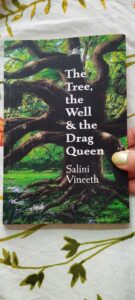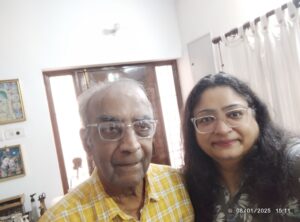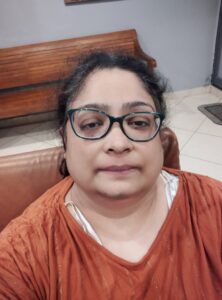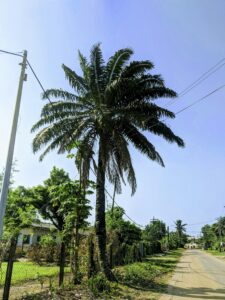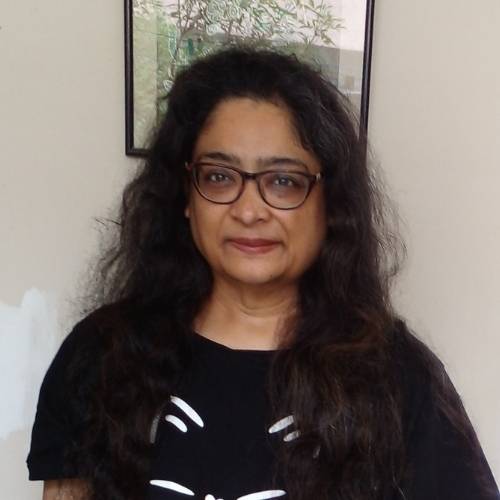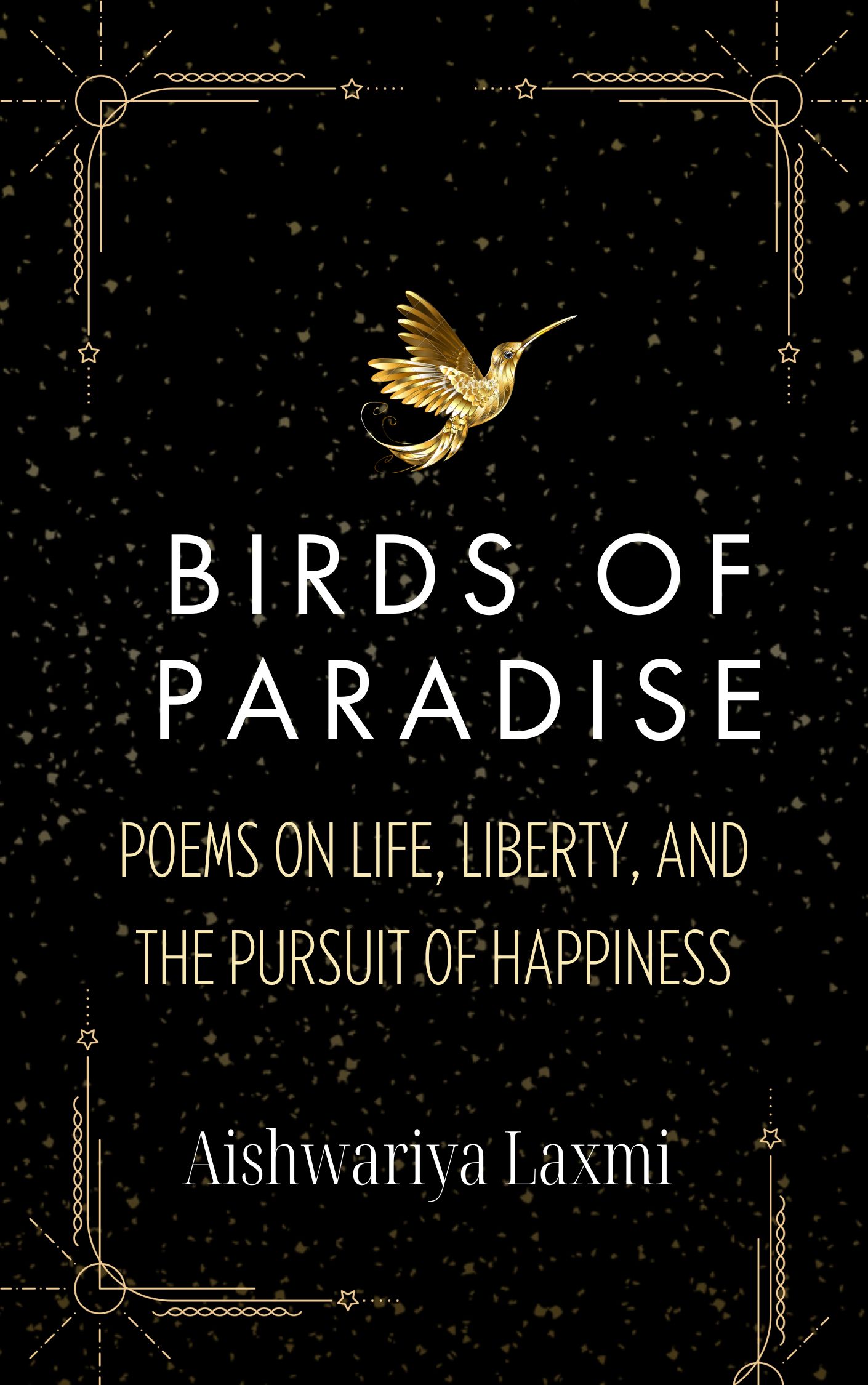Published by Westland Books in 2023
Book Review by K.S.Loganathan
Sara Rai is a fiction writer, translator and editor. She is the daughter of Sripati Rai, eldest son of Dhanpat Rai Srivastava, better known as Munshi Premchand, the doyen among modern Hindi writers, and Shivrani Devi, also a writer. Her mother, Zahra Rai, and aunt, Moghal Mahmood, were also writers. Sara Rai grew up in an environment where English, Hindi, Urdu and Arabic languages and dialects were spoken and read, and this is her first original work in English.
Sara Rai has gathered together in the book, events and conversations about her ancestors, their homes and the times they lived in. She invites us into her literary world, which evolved long before she was born, and her ancestral homes, which go back a few centuries. Multiple themes are intertwined in the book, and many biographies other than her own, written from her personal knowledge and with access to printed and published works in the family archives.
The book is arranged in chapters in the order dealing with family homes, Premchand, Shivrani Devi, Sripati Rai, her brother, mother and herself. Four short stories of her ancestors are included, published in vernacular in 1969,1961,1937 and 1926, all recently translated into English. None of her own stories appears in the book; only her reading passion is set out in detail in the final chapter.
(Text continued after image)
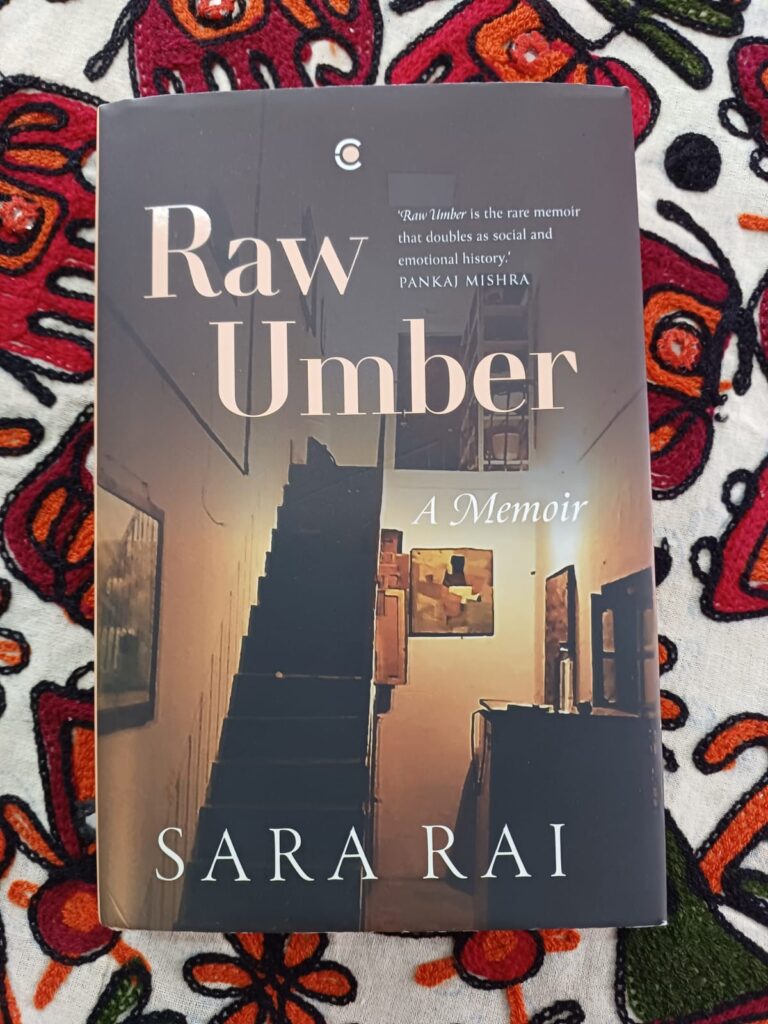
My views
The title of the book is ‘Raw Umber,’ which is a light fast oil colour paint shipped from England in the 1960s and stocked by the painter, her father Sripati Rai. As a colour it signifies “creativity in the shadows” , and it is a better alternative to a black background in painting.
Premchand’s stories in Hindi have a natural earthiness that was quite missing from Indian literature at the time. His world is inhabited by common people,who live out their lives in poverty in a colonial system that spares no one. His most famous novel is ‘Godaan’, a political novel published just before he died in 1936. Sara Rai writes, “The fact of Premchand, that I was his granddaughter, followed me everywhere. It seemed wrong that a granddaughter of Premchand should be writing in English”. Perhaps she is content to be creative in the shadows.
I disagree. As a “linguistic, literary and social itinerant” that she describes herself, she should bring to a wider audience, the works of her ancestors from the family archives, translated into English and other languages. She writes with fluency and clarity on many sundry matters. So she should add her own contemporary works, so that the reader may see the narrative arc spanning across generations and form a social history of the region that is the heartland of the country.
